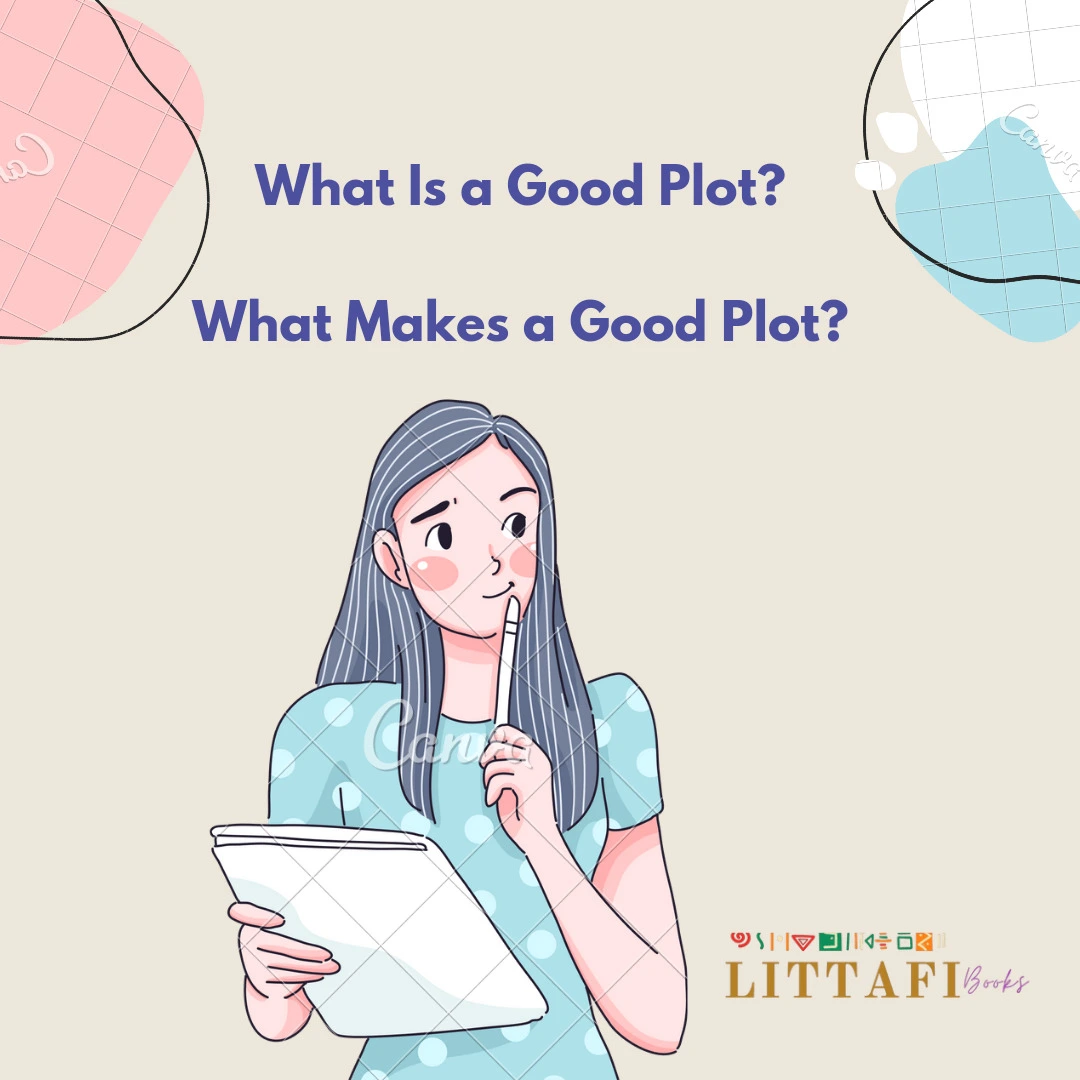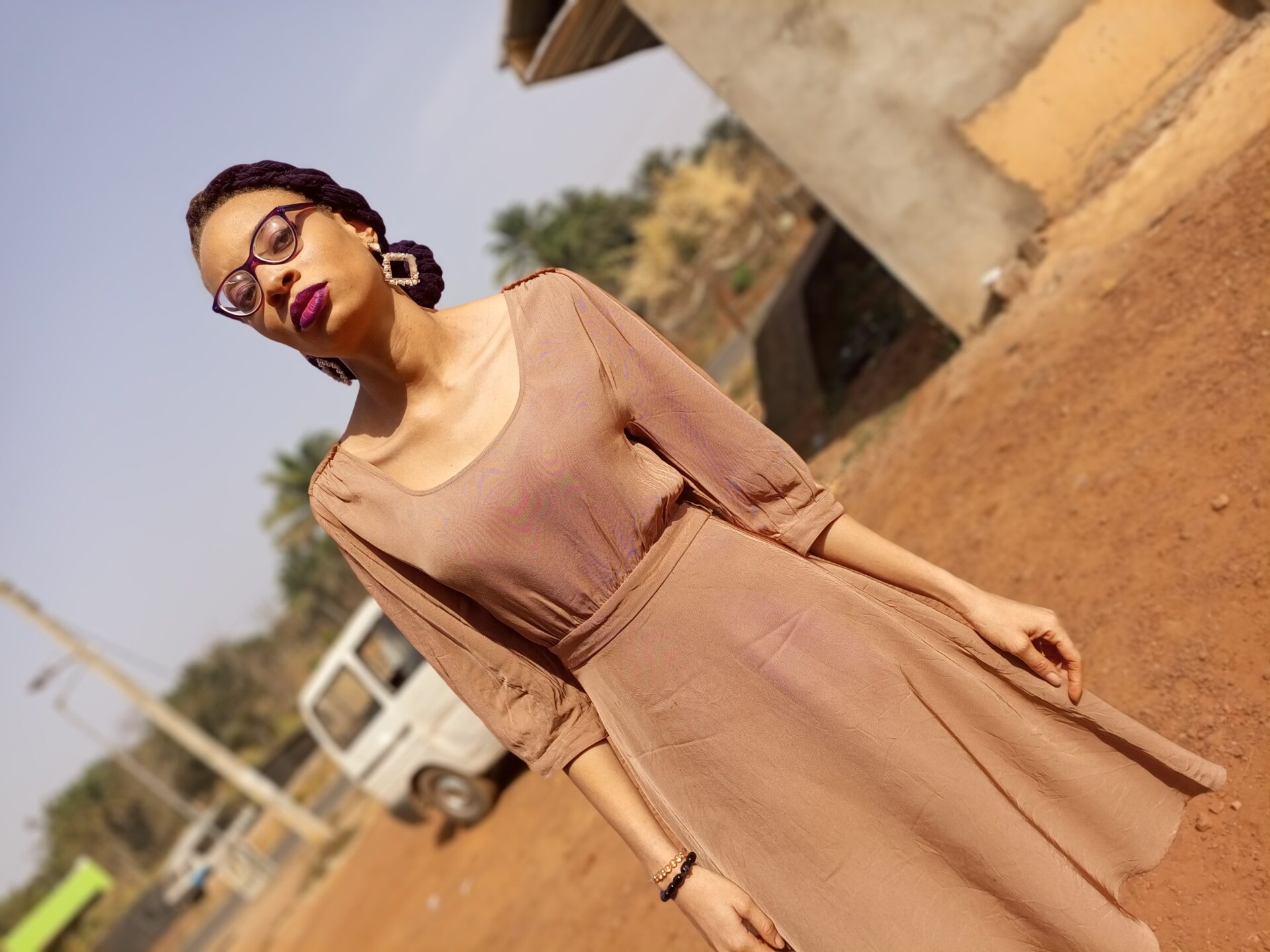
Top 30 Cartoon Characters That Were Villains
Our list rounds up the top 30 cartoon characters that were villains, each one more wonderfully wicked than the last.
Writer Resources
Writing starts with forming ideas, imagination, dreams, and thoughts. And when these condense into a coherent progression, you have a plot.

What is a Good Plot?
It’s the age of the internet, and every other person (and me, LOL) wants to become a writer. Now that’s all well and good, but how can you become one of the few that actually become icons in this highly competitive industry?
Since the easiest and surest way to stand out is to start with a compelling story, I like to think the place to begin your journey to fame is your story’s plot.
Like any other work of art, writing starts with forming ideas, imagination, dreams, and thoughts. And when these condense into coherent, detailed, and articulate words, with (or without) a timeline, characters, emotional stakes, and progression, you have a plot.
The storyline in itself is neither good nor bad.
It’s only an idea, after all. However, what you do with it will determine whether it becomes good or bad.
A plot isn’t merely a string of occurrences; it’s a carefully orchestrated telling of events that might include breaking up their temporal order, taking out certain pieces, or emphasizing other components. It is in that manipulation that a simple story becomes a plot.
Robert Kernen
Note that your plot is not your story idea.
Yes, this makes up a massive part of your plot, but when it becomes the only thing you’re working with, you’re in for a disaster.
I’ll illustrate this using two books from the same genre: Romance.

Ms Hardt takes the cliched “girl-meets-billionaire-bachelor” trope and puts a very modern spin on it. Her plot probably sprang from the question “What if a social media influencer’s PA, who has big dreams of becoming a photographer for National Geographic, runs into a mysterious billionaire bachelor who can change her life forever?”

Here, Nina Lane dared to peek behind the fairytale curtain and pose the question,”What happens after ‘Happily Ever After?”‘
The two ideas are full of potential, yet one author lets her idea become the whole plot, and her story turns out stagnant, while the other allows her idea to blossom into a detailed plot. It shouldn’t surprise you, then, that one of the books turns into a career-making franchise, and the other becomes a mind-numbing and exasperating read.
But just looking at these two brilliant ideas, your creative juices begin to flow, and you can think up a dozen ways to complete a new story.
Execution can either make your plot into an all-time classic or ruin your (and probably your writing career) for good.
These are real books, by the way, and if you want to know which one turned out as better executed, you can go on to read the books. Or I can share my review if you ask nicely.
It is true that sometimes, when thinking up ideas on what to write, it seems like all the good ones are already taken. Of course, this isn’t even remotely true, but even if it is, it’s still not the end of the world, you know.
Two people can write full stories based on the same idea and end up with entirely different outcomes (just ask your English Lit teacher).
Alright, let’s find out what makes a plot good.
Before you try your hand at writing your big story, practice and practice making a good plot. Work on stories that come to you and spend lots of time thinking up new ideas. This way, you might stumble onto your big break sooner than you know!
Here are some exercises that can help you:
I look forward to seeing your name on the cover of a book on my shelf!

Peace is an avid book lover whose biggest selling point is her desire to share everything good she finds with everyone she loves. She writes both fiction and non-fiction professionally, but truly finds fulfilment when she is free to let her imagination fly. She loves learning new things, listening to good music, eating good food, reading all the good books, watching good movies, and sleeping. She lives every day knowing that there is an amazing new thing to discover!

Our list rounds up the top 30 cartoon characters that were villains, each one more wonderfully wicked than the last.

DC is great at making comics and animated movies, while the MCU has the upper hand in its cinematic aspects

Discover the best apps to read books for free in 2025. Access thousands of free e-books and audiobooks on your phone or tablet. ...

There are some outright funny cartoon characters who exist solely to crack you up, loud, hard, and with zero apology.

Things Fall Apart is for the colonizers as well as the colonized, helping to understand the role of colonialism in the realization...

While many of the Nollywood movies on our list are quite old, it’s a testament to the capabilities of the industry’s p...

While this isn’t an exhaustive list, it comprises some of the most popular mythical creatures from around the world.